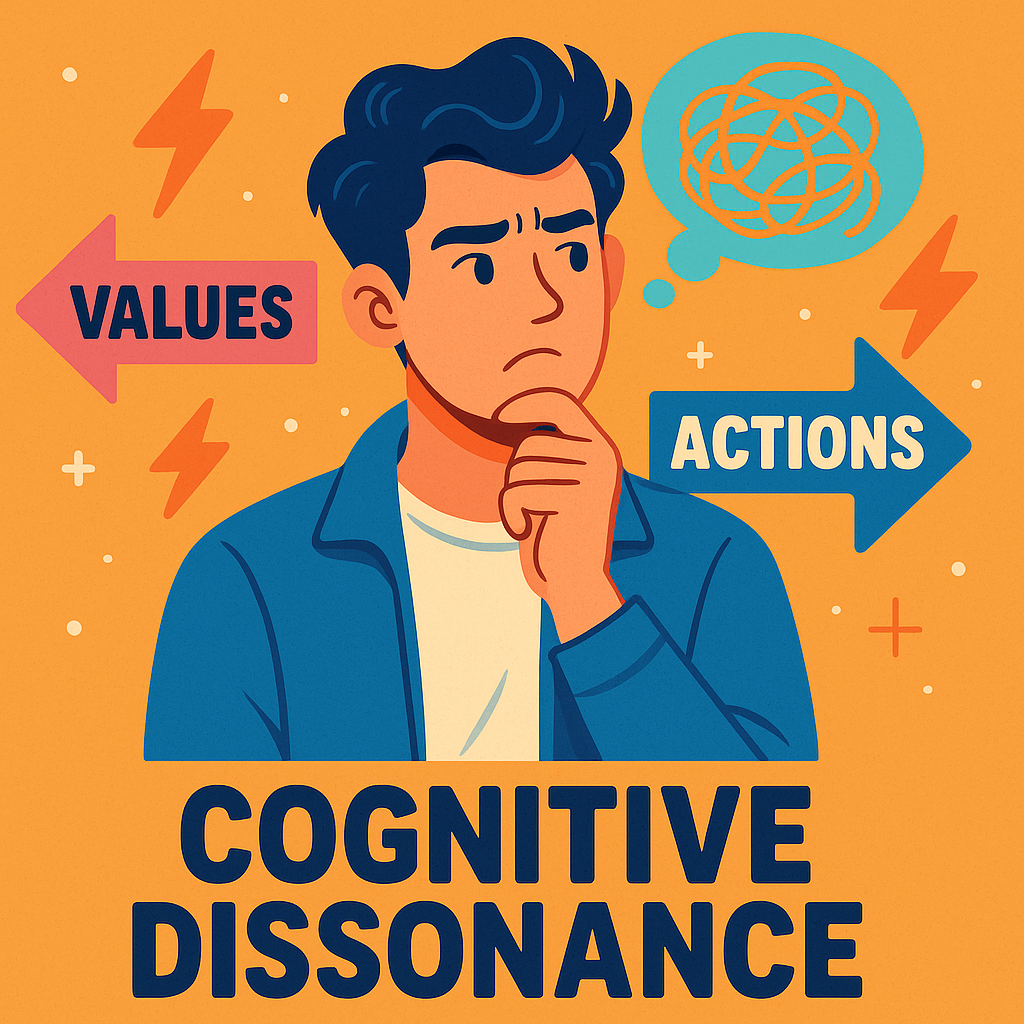Medium
3w
157

Image Credit: Medium
Cognitive Dissonance: The Quiet Conflict Undermining Everything
- Cognitive dissonance, coined by psychologist Leon Festinger, refers to the internal conflict when actions don't align with values or beliefs.
- In product and project management, individuals often experience cognitive dissonance, rationalizing decisions in complex roles.
- The balancing act in product management leads to feeling like a hypocrite and creating internal justifications to resolve dissonance.
- Project managers are pressured to maintain time, scope, and cost balance, resulting in contradictions and self-blame.
- When product and project managers operate from dissonance, frustration grows, and the product integrity suffers.
- Cognitive dissonance affects culture and behavior, becoming normalized and leading to disillusionment.
- Acknowledging cognitive dissonance allows for adaptation and growth in leadership.
- Transparency and self-awareness help in managing cognitive dissonance, promoting trust and conscious decision-making.
- Identifying personal values and aligning actions with principles can help in stopping the drift caused by cognitive dissonance.
- Repetitive conflicts indicate system flaws rather than personal failures, shifting the focus from individual shortcomings to systemic issues.
- Cognitive dissonance signifies a concern for doing things correctly and telling the truth, emphasizing the importance of addressing conflicts rather than ignoring them.
Read Full Article
9 Likes
For uninterrupted reading, download the app